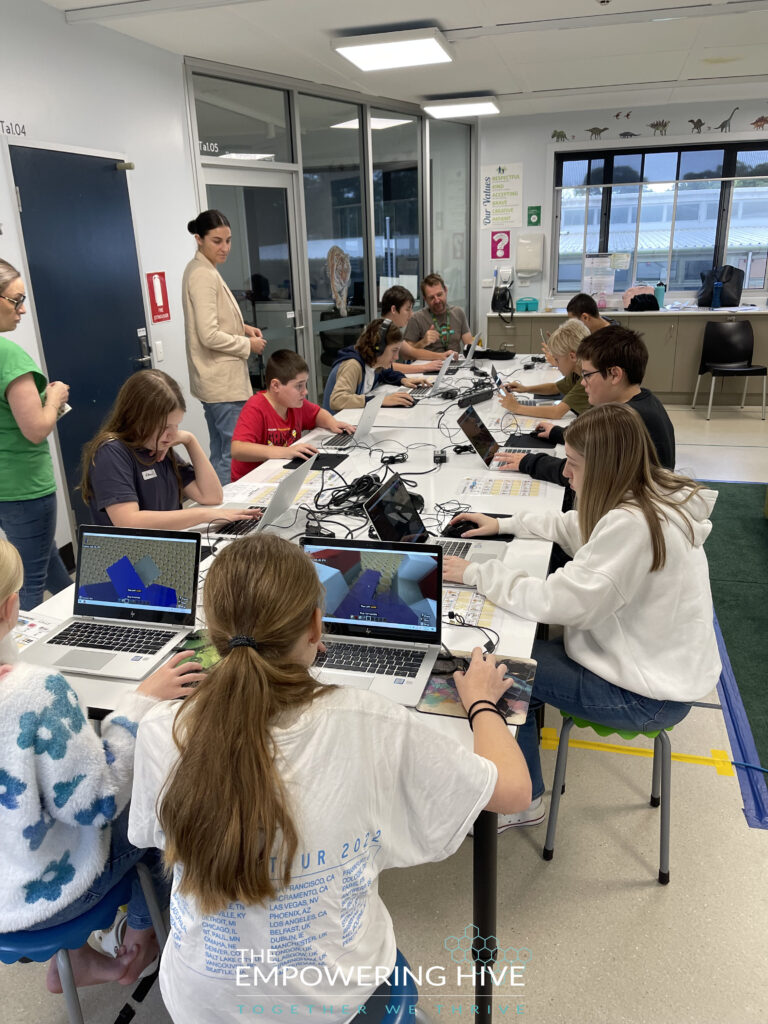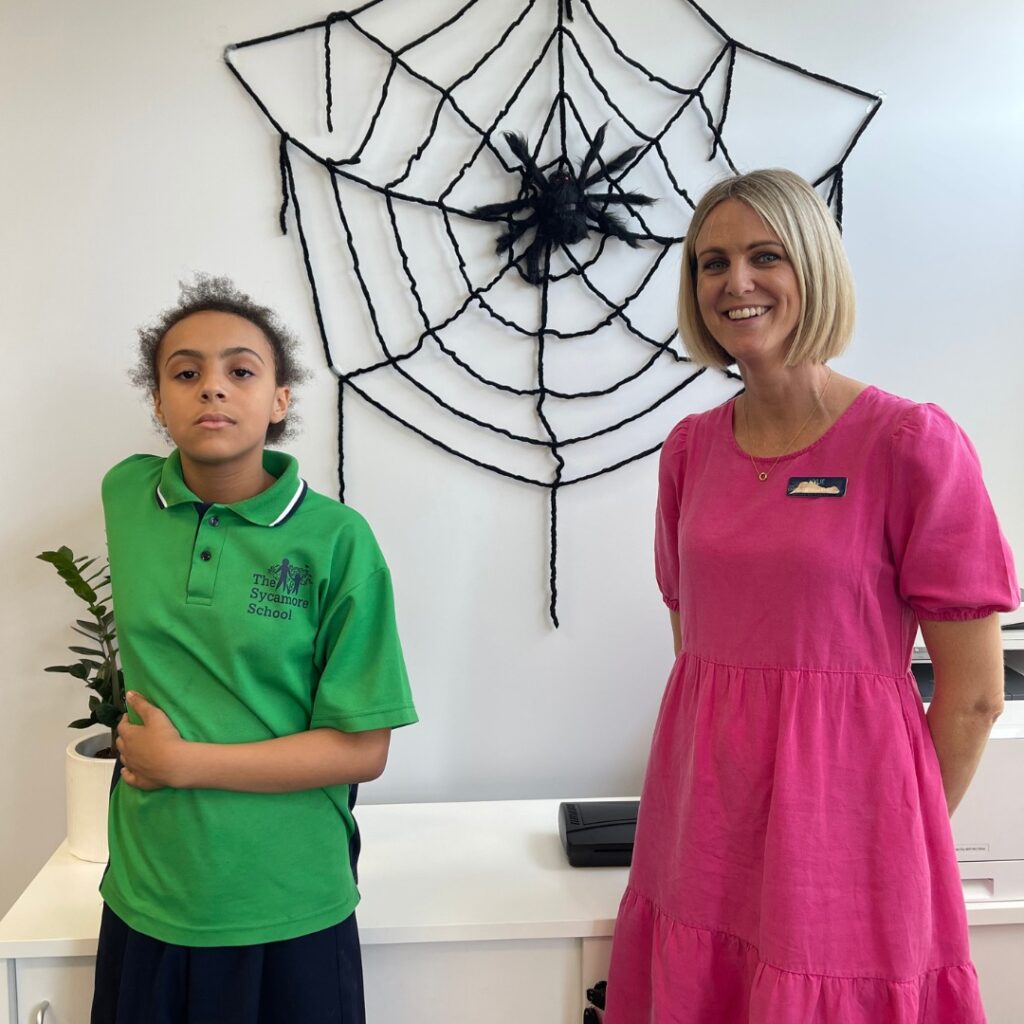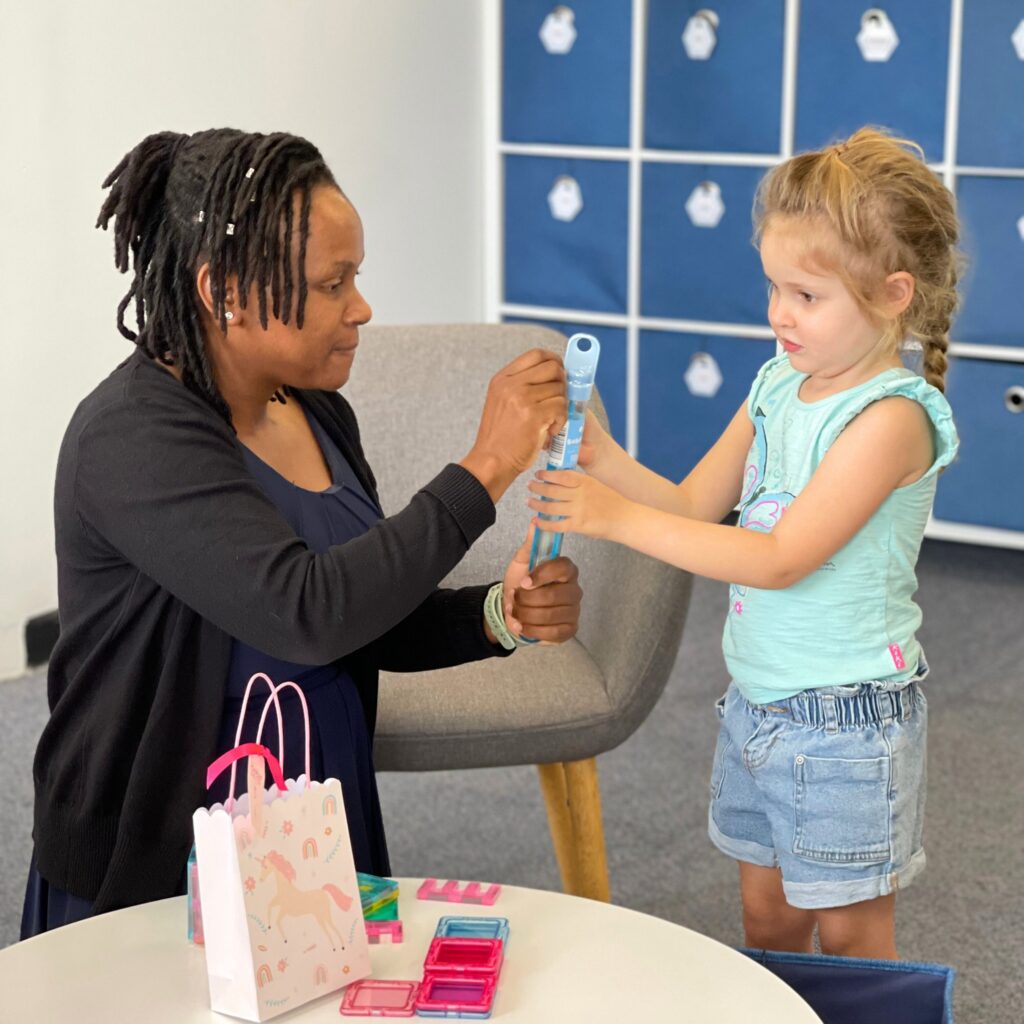It is common nowadays to find children with neurodivergent characteristics in schools. These children have sensory processing challenges, learning differences and/or autism spectrum conditions. Sometimes they also have ADHD (Attention Deficit Hyperactivity Disorder). These are just some of the many neurodivergent characteristics that can affect your child’s learning and development. The goal of this article is to give you some insight into how these characteristics can affect your child’s education and how you can support them better in their school life.
Learning Differences
A learning difference is a strengths-based term used to describe learning disability.
Learning differences affects a person’s ability to learn and process information. There are many different kinds of learning differences and it is important to find out what is causing potential barriers to your child’s learning. There are, for example, dyslexia, dyscalculia, memory problems and attention problems. Dyslexia is a condition where people have difficulty in recognising and understanding words. Dyscalculia is a condition where people have a difficulty in recognising numbers.
Memory problems can be caused by a hyperactive capacity for short-term memory and/or a deficit of long-term memory capacity. Attention problems can be caused by a hyperactive capacity for short-term attention (for example, it is difficult for your child to focus on one thing for a longer period of time) or a deficit of long-term attention capacity.
ADD and ADHD
Attention Deficit Hyperactivity Disorder (ADHD) is the most common neurodivergent condition among children. ADHD is a condition where the child has difficulties in focusing and maintaining attention. ADD is an abbreviation that stands for Attention Deficit Disorder. ADD is a condition where the child has problems managing his/her attention and emotions.
Sensory Processing Difficulties
Children with sensory processing difficulties often like to touch things, smell things and taste things. They may also hate being touched, hate it when someone is too close to them or they hate it when someone else is too close. Sensory processing difficulties can be caused by a few things: The child has had an illness (for example, allergies or cystic fibrosis), he/she has a physical disability, or some medications can cause sensory processing difficulties.
Your child may also have sensory processing difficulties if he/she is an introvert. Sensory processing difficulties are very common among introverts. Introverts are people who often prefer to stay in their world, avoid physical contact or stimuli and focus on one thing at a time. If your child has sensory processing difficulties, you can help them by setting up a sensory-friendly environment. Make sure there are no irritating or painful textures in their room, such as harsh-smelling books, textures on the walls or hard floors.
If your child is an introvert, you can try to rephrase some instructions to be more sensory-friendly, such as “please don’t touch the table” or “be careful of the floor because it’s very slippery.”
Executive Functioning Difficulties
Executive functioning difficulties are caused by a deficit of attention, planning and/or working memory. Your child can have executive functioning difficulties if he/she has had a head injury or his/her brain has developed differently. You can test your child’s executive functioning skills with the Fluency and Coping executive function test. If your child has executive functioning difficulties, you can help them by setting up a routine and keeping their rooms clean and organised.
Find things your child loves to do, such as reading or drawing, so he/she doesn’t feel bored or frustrated. Find ways to get your child involved with chores, such as taking out the trash, helping with dinner and recycling. Find ways to involve your child in family activities, such as helping you fold laundry or playing a game with your siblings. Be patient, be flexible and don’t expect too much from your child in one day.
Social Skills Difficulties
If your child has social skills difficulties, he/she may have a hard time making friends. Your child may have social skills difficulties if he/she is an introvert, has anxiety or has ADHD. If your child has social skills difficulties, you can support them by being a positive role model and showing them positive social skills, such as empathy, patience, caring and kindness.
They may also benefit from group therapy with other children experiencing the same or similar difficulties, in a safe environment.
Conclusion
Neurodivergent characteristics can affect your child’s education and their peers in many ways. You can support your child better by finding out how neurodivergent characteristics affect them, setting up a sensory-friendly environment and finding ways to involve your child in family activities.
To better understand neurodivergence and neurodivergent characteristics, it is important to know how the brain works and how it can develop differently depending on the person. The brain is a very complex organ and parents need to understand how it works so they can better support their children. It is recommended that parents learn about the different learning styles, neurodivergent characteristics, learning differences and health impacts of these characteristics.


